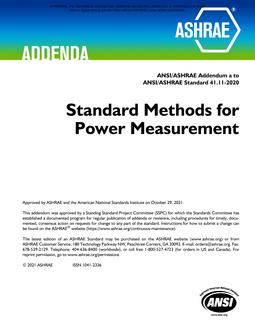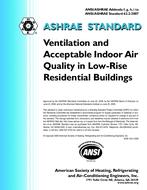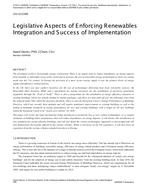Click here to purchase
Operable windows have become desirable design features of modern mechanically ventilated office buildings in North America. While they improve perceived control and adaptive comfort, their inappropriate use poses risks associated with increased heating and cooling energy use. Therefore, the sequence of operations for terminal devices serving zones with operable windows should be designed in recognition of these risks, which in turn should be informed by research investigating occupants’ window and thermostat use behaviour. To this end, this paper examines window and thermostat use data collected from two mixed-mode ventilation buildings in Ottawa, Canada. By developing discrete-time Markov logistic regression models that predict the likelihood of thermostat keypress and window opening/closing instances, indoor conditions that trigger these actions are identified. In addition, machine learning approaches such as decision trees are explored to better understand indoor climatic conditions associated with adaptive behaviours. Based on this analysis, a set of preliminary recommendations is developed to improve terminal device sequencing in mixed-mode ventilation buildings in cold climates such that comfort and energy savings potential of operable windows can be fully realized.
Citation: 2021 Virtual Conference Papers
Product Details
- Published:
- 2021
- Number of Pages:
- 9
- Units of Measure:
- Dual
- File Size:
- 1 file , 1 MB
- Product Code(s):
- D-VC-21-C052


